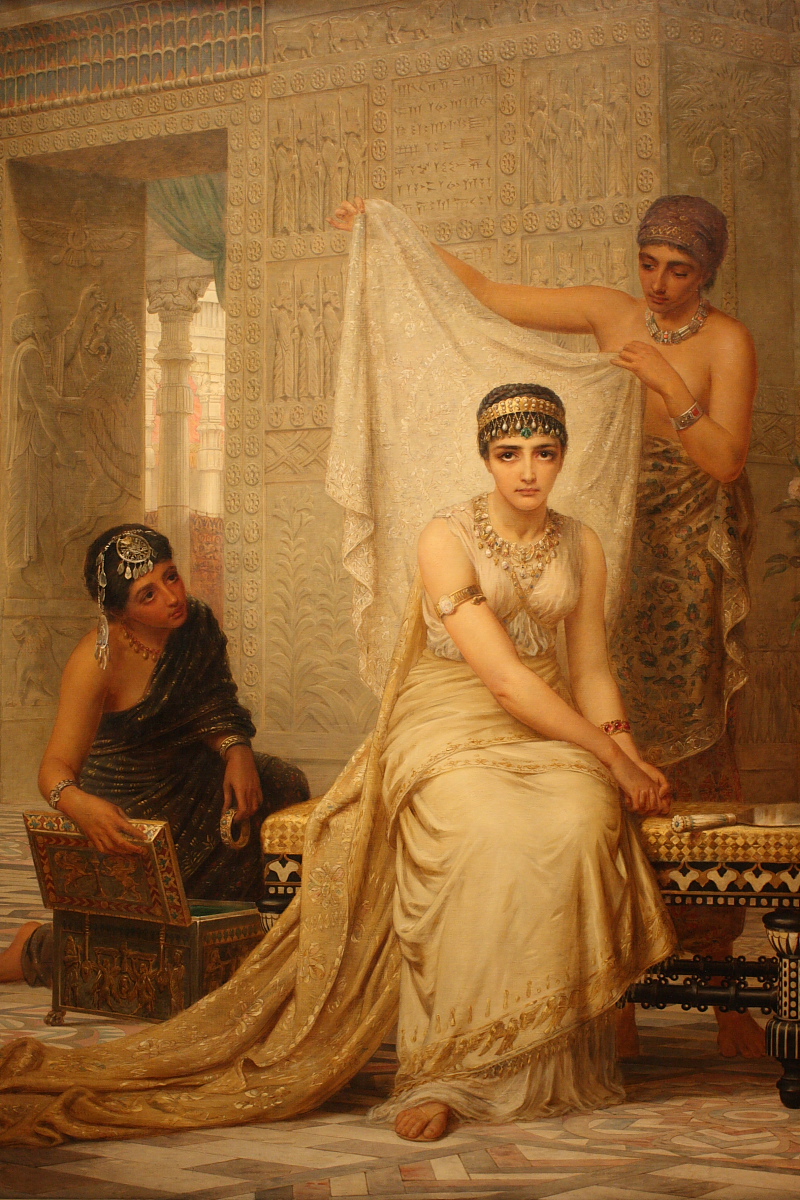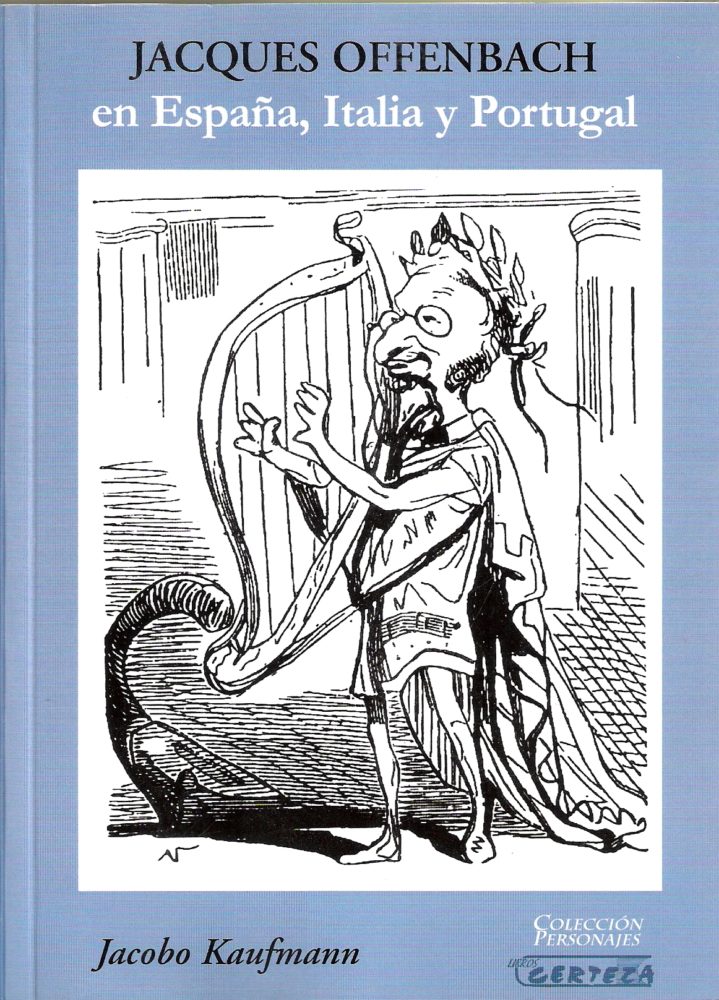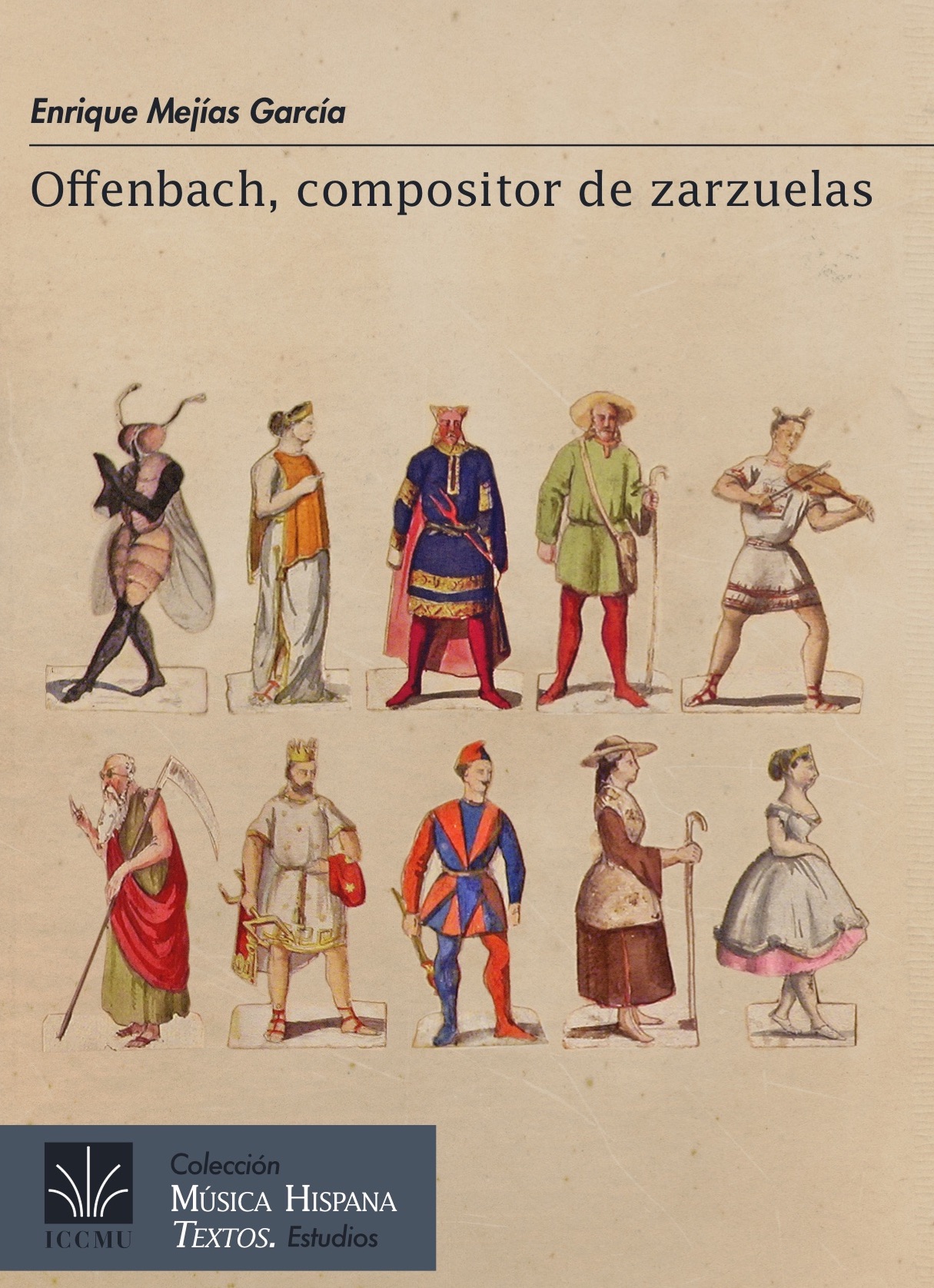Jacobo Kaufmann
The Jacques Offenbach Society Newsletter (Issue No. 101)
1 September, 2022
The latest edition of The Jacques Offenbach Society Newsletter includes a letter from Jacobo Kaufmann to editor Donald Fox. Its headline says it’s about “Copyists and Pirates” and promises “some thoughts” Mr. Kaufmann would “like to share”. Because we find the points made in that letter to the editor important – with regard to a debate about Offenbach and operetta research in general – we asked Mr. Fox if we may put this letter online. So, with his permission, here is is.

A pirate figure. (Photo: Markus Spiske / Unsplash)
Dear Donald, Like many readers of the Newsletter, you too must have noticed how exposed we all are to misinformation and pretend news about things we all know for many years. These days, when for so many people technology seems to have replaced the reading of books, it often happens that they simply believe what is presented to them is an original thought or discovery.
Sometimes, because one becomes exhausted vis à vis the turmoil of the daily news, this also happens to well-informed people. Therefore, we must be very careful with what we read, because these days, all around us, there are so many people who copy articles, statements and books that have been written by others, for whom it seems to be easier to do that, than thinking, researching, and writing for themselves.
Their victims are not only unaware readers, but mainly the original authors, who after gathering sources, not always available to most people, their extensive research, their hard work and dedication, become the prey of literary pirates, who sometimes even become successful, or write a doctoral thesis, by simply quoting what they find in Google or in books that have already been published.

Queen Esther, a painting by Edwin Long (1879) from the National Gallery of Victoria, Melbourne.
This is also happening with texts about Jacques Offenbach and his father Isaac. It started in Germany and France, when some “authors” began to publish and continue publishing things I had written thirty years ago and seem to forget to acknowledge where they found their “discoveries”.
Quite often, while doing that, they also make mistakes, based on their own lack of knowledge on a given subject. Recently, in Cologne, for example, a certain elderly professor claimed to have discovered in Cincinnati the music composed by Isaac Offenbach for the Jewish holidays, as well as the text and music of his Purim play Esther. He even thought and claimed that the music for one of the Jewish prayers is the prelude to this play. But of course, he does not read or understand Hebrew.
Nor does he seem to realize that the original documents are in New York and not in Cincinnati, and that I had already included a complete list of Isaac’s liturgical music and texts in my book Isaac Offenbach und sein Sohn Jacques oder Es ist Nicht Alle Tage Purim (English edition: Isaac Offenbach and his son Jacques or Not Every Day is a Purim Day), first published in the year 1998; the English edition is from 2019.

The Jacques Offenbach exhibition on Cologne. (Photo: Kölner Offenbach-Gesellschaft)
Everybody knows that I also had parts of the Purim play Esther performed in Bad Ems back in 1997. Unfortunately, some people and organizations in Cologne quote this professor’s words as if they were new and true. Something similar happened years ago when somebody else pretended to have “discovered” that the original family name of Offenbach’s ancestors was Eberstadt, as indicated long before by the late Josef Heinzelmann and myself, after we visited the Jewish cemetery in the city of Offenbach.
A completely honorable exception is the musicologist Peter Hawig, who very gently asked my permission to quote in two Bad Ems booklets, what I had written about the performances of Jacques Offenbach’s stage works in Lisbon, in my Spanish book Jacques Offenbach en España, Italia y Portugal, published in 2007. My English translation Jacques Offenbach in Spain, Italy and Portugal appeared in 2018.

Jacobo Kaufmann’s book “Jacques Offenbach en España, Italia y Portugal” from 2007.
Now fifteen years later in Spain, someone published a university thesis, under the title Offenbach, compositor de zarzuelas (“Offenbach, composer of Zarzuelas”), which you in your review, dear Donald, have translated the word zarzuelas into “operettas”. But obviously this is wrong. Zarzuelas are quite different from operettas, and this translation is confusing for English speaking readers, since Offenbach has never written or composed a single zarzuela!
Recently in Madrid, my friend Emilio Casares Rodicio, Spain’s and the world’s main expert on the subject of Zarzuela, smilingly told me about this recent publication. He and I wondered how someone could in his thesis, call Offenbach “a composer of zarzuelas”, which is such a nonsense. But this is not all.
Almost all of what the author of the university thesis tells us, he has systematically copied from my book, including a list of all the works by Jacques Offenbach produced in Spain, their new versions, arbitrary and assumed translations, imitations, transformations, parodies, and pastiches, seen in Madrid, Barcelona and other Spanish cities, their “arrangers”, performers, venues and dates, even the titles I gave to some of my chapters. But he only mentions my name in two little footnotes.

The 2018 English version of “Jacques Offenbach in Spain, Italy and Portugal” by Jacobo Kaufmann.
Now, dear Donald, you praise this author for having completed 400 pages, apparently regretting that I wrote “only” 180 pages, “for a more general audience”, “simply eager to share what had up to then been so little known”. You must have forgotten that everything you see now has already been mentioned in my book, including an extensive bibliography with the names of every “translator”, actors, and companies – not only for a “general” audience (!).
You also praise the Spanish author for including the size of orchestras, but neither you nor he seem to realize that these orchestrations were seldom faithful to what the composer had written, and that some Spanish “producers” had simply purchased the Parisian piano vocal scores of certain works, and engaged local ghost orchestrators, in order not to pay for the rentals of the real thing.

The book “Enrique Mejías García’s “Offenbach, compositor de zarzuelas.” (Photo: Instituto Complutense de Ciencias Musicales)
You say that now we can enjoy some of Offenbach’s works in Spanish. But this, mind you, was already possible at least fifteen years ago, because I had acquired and still have at my disposal quite a few Offenbach scores with Spanish texts. You will see some of these texts in my attached chapter about “La Vida Parisiense”.
You mention another “novelty”: Offenbach’s 1870 visit to Madrid. Have you not seen that this visit is for the very first time mentioned in my book, including familiar, political and security issues, and the fact that during his visit our composer was given the highest Spanish decoration by the then prime minister Sagasta? And certainly, I also wrote about the end of Queen Isabel I’s reign and other Spanish political issues of that time.
Last but not least, everybody can see what I wrote about each of the works performed in Spain.

Given how many people – lay people and experts – think of zarzuelas as operettas, it is puzzling that Jacobo Kaufmann contends that it is obvious that zarzuelas are quite different from operettas.
Hola Jacobo,
cada vez que me ‘encuentro’ con Offenbach pienso en las conversaciones que podríamos haber tenido sobre el judío de Köln. Hoy reescuché a Alfredo Kraus cantar el prólogo de “Les Contes” y esas melodías mágicas de Jacques hacen renacer mi enamoramiento con el artífice de esas páginas.
En mi vida de régisseur sólo he podido montar “Les Contes”, “La Périchole” y “La permission de dix hueres”. Pero vos! A vos te envidio por esa proximidad con el genio de los bulevares que debe ser difícil de igualar. La profundidad de tus investigaciones y la generosidad con que las compartir son superiores! Mazal tov y Pesaj Sameaj!
Daniel